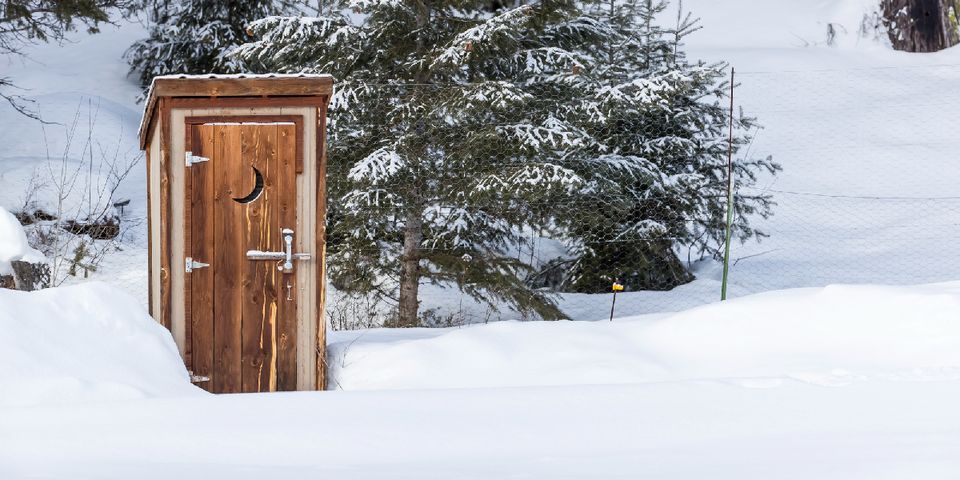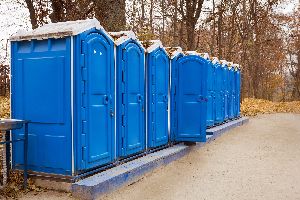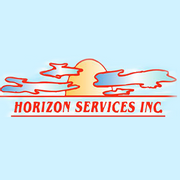
Before modern plumbing, outhouses were a standard for bathrooms. Rural areas still use them when plumbing isn't available. You probably think of these when you see portable toilets, and they were an early inspiration. Here's a quick history lesson on outhouses.
Early Designs
Since the beginning of human history, bathrooms have been located in private spots away from the home. As populations grew and communities formed, public restrooms were developed and used a trench design. This, unfortunately, created health concerns because of bacteria growth, which inspired the outhouse.
European cultures built these standalone structures a hundred yards or more away from the home. There, unpleasant smells and contamination were less of a concern. Outhouses were often made of wood and included a bench with a hole and a waste bucket below. It's believed that outhouses featuring a star on the door were for males, and those with a moon were for females.
Modern Outhouses and Portable Toilets

In the U.S., the popular outhouse design was also used to create more convenient, healthier bathroom solutions. They were essential, from East Coast colonies to remote frontier settlements.
Over the centuries, the base design stayed the same, though homeowners would often decorate the structures with plants to make them more attractive. Because waste had to sit in buckets for extended periods, they remained a health hazard in cities and crowded areas, which is why more modern plumbing solutions were developed.
Modern portable toilets, which resemble outhouses, were first designed in the 1960s. They were made of durable plastic and could be easily transported to event spaces for temporary use. More advanced portable toilet designs have since been developed, including those that accommodate wheelchairs.
You can rent portable toilets from Horizon Services if you need bathroom facilities for an upcoming event. Since 1973, this Fairbanks, AK, company has provided a variety of solutions for construction sites, events, and private gatherings. Toilets, portable sinks, handicap-accessible portable toilets, and more are available. To learn more about their septic services, visit their website or call (907) 452-1480.
About the Business
Have a question? Ask the experts!
Send your question

